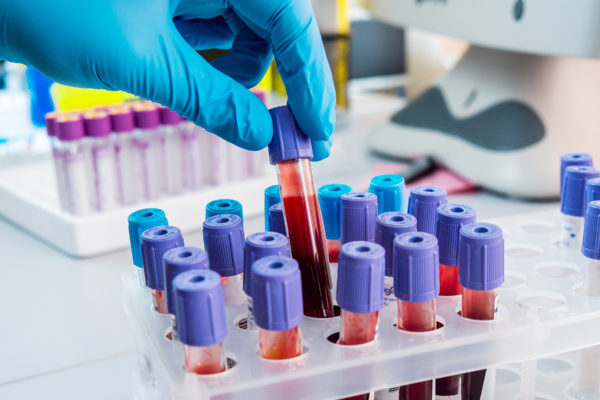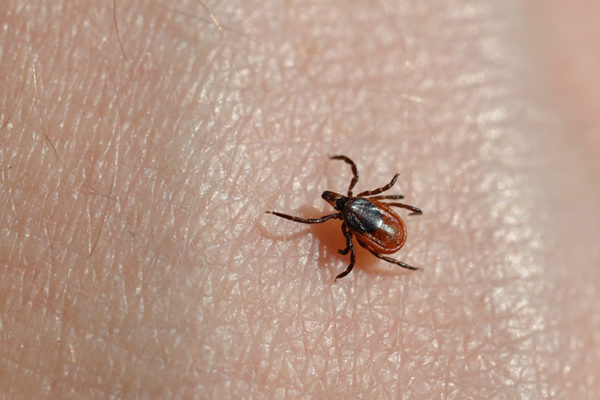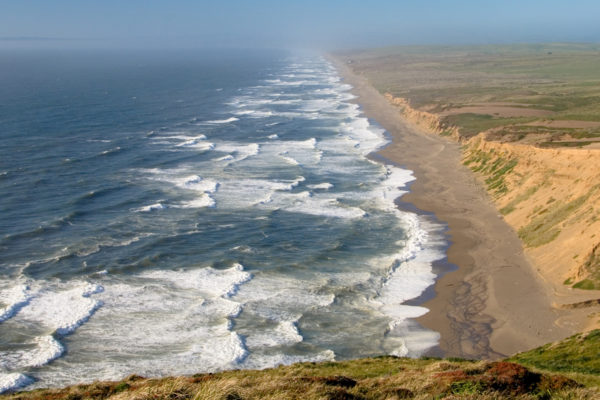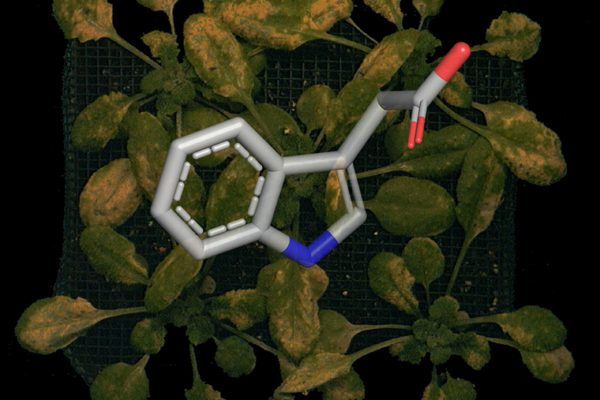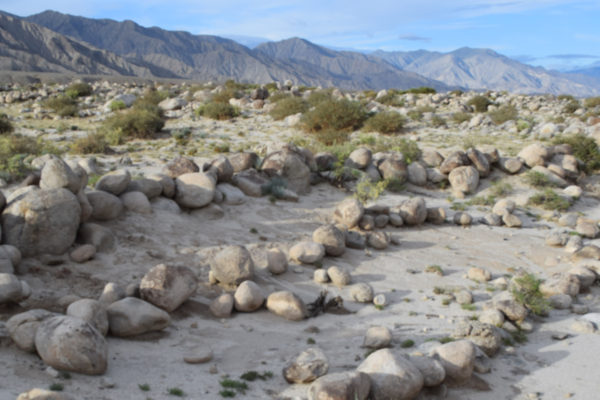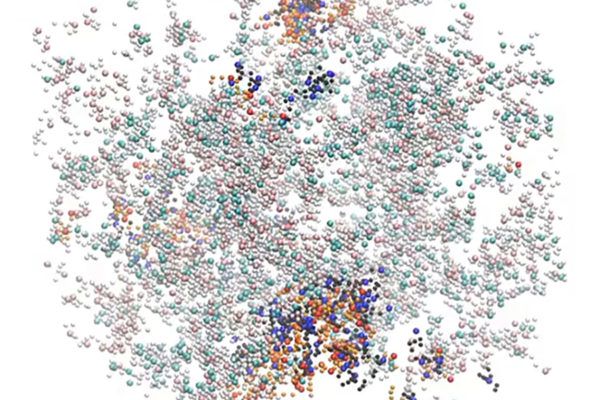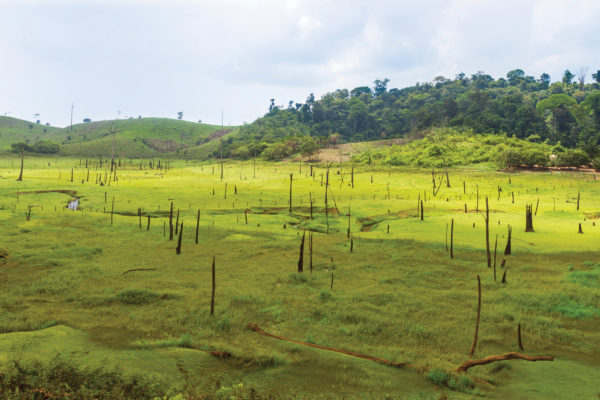Simplifying samples
Using nanotechnology, a team of researchers at Washington University in St. Louis has eliminated the need for refrigeration for biomarkers used in medical diagnostic testing. The researchers recently gave their new tech a real-world test by sending it through the mail.
Every rose has its thorn — and its tick
A new study in Parasites & Vectors finds ticks in urban parks dominated by an invasive rose bush are nearly twice as likely to be infected with the bacteria that causes Lyme disease, as compared to ticks from uninvaded forest fragments. But the trend reverses itself at a broader scale.
New life for endangered coastal lupine
A rare, coastal flowering plant known as Tidestrom’s lupine — threatened by native deer mice that can munch up to three-quarters of its unripe fruits under cover of an invasive beachgrass — has been given a new life with the large-scale removal of that grass, a long-term study in the journal Restoration Ecology shows.
Plotting the path of plant pathogens
In a sneak attack, some pathogenic microbes manipulate plant hormones to gain access to their hosts undetected. Biologists at Washington University in St. Louis have exposed one such interloper by characterizing the unique biochemical pathway it uses to synthesize auxin, a central hormone in plant development.
RSVP for women in tech symposium
The 2018 Women in Innovation and Technology (WIT) symposium will be held Feb. 27 at the St. Louis College of Pharmacy. The symposium is open to all, but RSVPs are requested.
New molecular muscle responds to visible light
Researchers have created a novel polymer that changes color and contracts when exposed to visible light. The tiny, makeshift muscle does some heavy lifting — relatively speaking.
Did ancient irrigation technology travel Silk Road?
Using satellite imaging and drone reconnaissance, archaeologists from Washington University in St. Louis have discovered an ancient irrigation system that allowed a farming community in northwestern China to raise livestock and cultivate crops in one of the world’s driest desert climates.
Researchers discover higher environmental impact from cookstove emissions
Millions of Asian families use cookstoves and often fuel them with cheap biofuels to prepare food. But the smoke emitted from these cookstoves has a definite, detrimental environmental impact, particularly in India. New research from Washington University in St. Louis offers a clearer picture of the topic’s true scope.
Uncovering the design principles of cellular compartments
Membraneless organelles are tiny droplets inside a single cell, thought to regulate everything from division, to movement, to its very destruction. New research from engineers at Washington University in St. Louis uncovers the principles underlying the formation and organization of membraneless organelles.
The problem with food
The way we’re feeding ourselves is devastating rainforests, widening waistlines, exploiting small landholders and causing thousands of pounds of food to go to waste. Alumni and Washington University researchers are working hard to change how we put food on our table.
Older Stories
